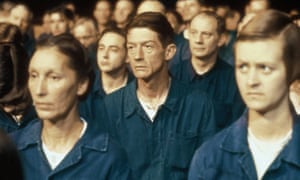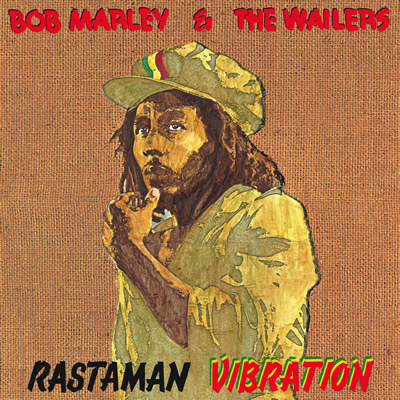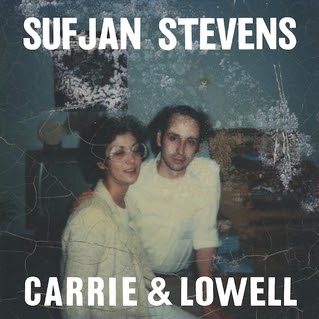Reading: Nineteen Eighty Four (1949) by George Orwell
 |
| Hove Book Group ponder dystopia |
Robin revealed that his selection had not been the result of careful consideration or having carefully weighed a number of tempting possibilities. Not for Robin the tortured existential angst which torments so many of the HBG when it comes to making their selections. No Sir, he “just had it on the shelf”.
Robin dubbed Nineteen Eighty Four prescient, sad and resonant, a view endorsed by Keith.
Tristan recognised that it was in Catalonia that the stanchions of Big Brother’s nightmare world – the disregard for objective truth, the rewriting of the past and the routine suppression of dissent – slid inexorably into place.
Nineteen Eighty Four was every bit as good as Nigel had remembered from his first read back in the mid 1970s.
Nigel was interested to note how each of George Orwell's four 1930s novels features a central character ground down and oppressed by a vigilant authority that he or she has no way of resisting.
Nigel was interested to note how each of George Orwell's four 1930s novels features a central character ground down and oppressed by a vigilant authority that he or she has no way of resisting.
Nick noted the clever details: Winston’s co workers and colleagues, the old man in the pub, the neighbour’s suspicious children and her blocked kitchen sink, the lack of razor blades, the rewriting of the past etc. It all added up to a rich and convincing evocation of Winston Smith's world.
Roland was ultimately depressed by Orwell’s world and by what was an astounding and disturbing picture of a totalitarian society.
Nick 9 / Tristan 9 / Nigel 8 / Keith 10 / Roland 9 / Robin 10
Listening: Rastaman Vibration (1976) by Bob Marley and the Wailers

Keith was struck by the lyrical content
Tristan managed one track on the way to the pub
Tristan managed one track on the way to the pub
The rest of us were pleased to have a reason to listen to this beauty again and were amazed how Chris Blackwell saw the opportunity to take a black, niche singles-based genre to a white rock audience
Roland embraced it by a wood burning stove on a sofa in west Hove. "That's so beautiful man", we exclaimed as one.
Watching: There Will Be Blood (2007) directed by Paul Thomas Anderson
 |
| Nick and Robin ponder the scratched DVD |
Robin loved it
Others struggled with a DVD that had lost out in a fight with a Brillo pad
Keith was reminded of Upton Sinclair’s “The Jungle” and told us all to read it pronto.
Endorse it
BlacKkKlansman dir by Spike Lee
Vic and Bob’s Big Night Out (iPlayer)
Chernobyl DVD
Radio 3 in the morning
No Country For Old Men dir by Coen brothers
Twice Upon a Time (Netflix)
Thunder Road (Netflix)
Good Time (Netflix)
Thailand (the Country)
Next time out it’s Roland’s picks….
Theme: Tainted Love
Reading: Light Years (1975) by James Salter
Watching: Marriage Story (2019) directed by Noah Baumbach (Netflix)
Listening: Tainted Love/Where Did Our Love Go (12 inch version) (1981) by Soft Cell
Reading: Light Years (1975) by James Salter
Watching: Marriage Story (2019) directed by Noah Baumbach (Netflix)
Listening: Tainted Love/Where Did Our Love Go (12 inch version) (1981) by Soft Cell


